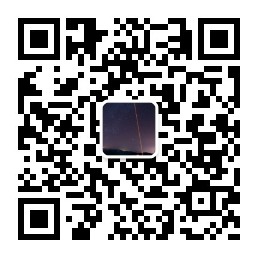热爱机器人
by Yan
Loving the Machine 是加拿大科技作家(science/technology writer)Timothy Hornyak 的一本书,关注日本人对机器人的深情。Hornyak 还写一个与书同名的娱乐 blog。via: Improbable Research
The book (published by Kodansha International, ISBN 4770030126) is filled with beautiful photos of robots and their kith and kin. A 12-image progression spread across pages 102 and 103 shows a twenty-year progression of one series of machines from a two-legs-and-a-crotch metallic walking machine to its lissome fullbodied plastic-clad descendant. The book begins with a quick look at early Japanese puppetry, hops, skips and jumps to a most impressive tea-serving automaton in 1796 (and much later, in 2002, to a kit version of same), and so on. Most of the book celebrates the age of industrial robots, toys, and much-hyped robo-animals and companion and therapeutic robots.
The book concentrates on the lure, lore and excitement of Japanese robotophilia. It dips generously into the relationship between robotics, fantasy comics, and style; and delves very lightly into the engineering behind and within the critters.
tea-serving automaton,这个似乎在哪儿看到过,不知道中文怎么翻译的。


tea-serving automaton,
からくり人形。
不过我不喜欢把writer翻译成“写手”。
现在如何?
からくり人形,以前在电视上看到过。
嗯……这样好多了。不过“作家”这个词在汉语中的情况类似于“科学家”。通常,只要从事科学研究工作,就可以称为scientist。但是在汉语中,“科学家”意味着“著名”。 其实还是那个“家”字在作怪。
是这样子。不知道翻译的时候有什么解决办法?
为了防止这个,我一般说科学工作者,研究人员,等等
在英语的新闻里,提到研究科学的人,经常也用researcher这个词。我习惯于把它也翻译成“科学家”。
对这个“家”的问题,我的处理是:如果是发生在外国的新闻,我就直译“科学家”。如果是用英语写国内的事情,当然也用scientist/researcher。如果是用汉语描述国内,可以避开这个词。
比如:
“某某大学/研究所的某某和某某/某某某领导的研究组发现,……”
“某某大学某某系的某某某说:……”
其实在英语中也可以避免用scientist/researcher这样的描述词。
实在避不开,在一些用“科学家”也没有关系。如果实在可能发生误会,那么就用科研工作者这样的词。